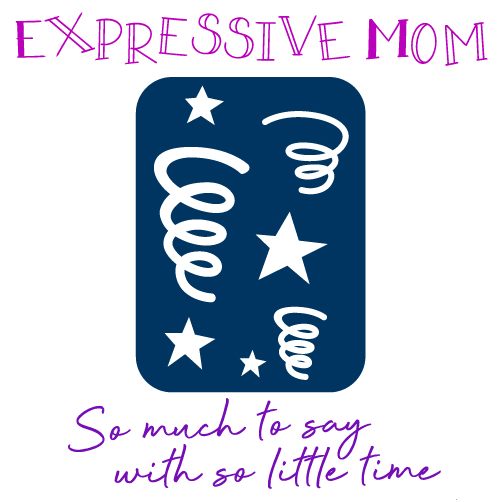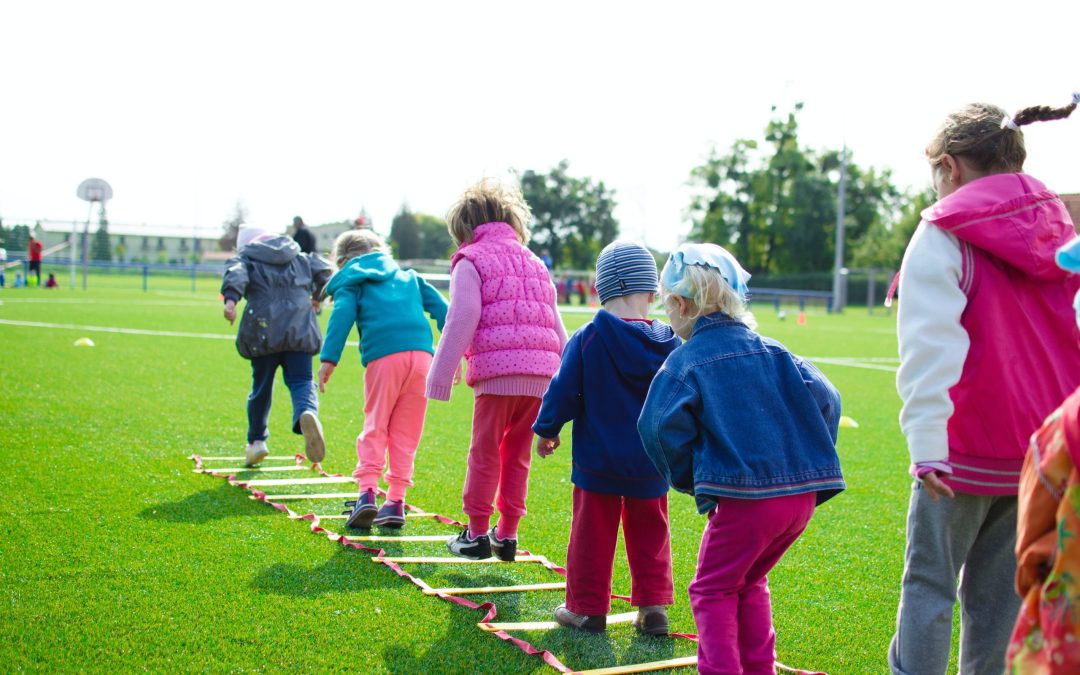Pexels Photo by Lukas
Play is a natural and powerful way for children to learn and develop essential skills, including communication. By engaging in playful activities, children can explore, express themselves, and interact with others, all while honing their communication abilities. In this article, we will explore the power of play in fostering communication skills in children and provide practical suggestions for incorporating playful activities into their daily routines.
Pretend Play
Pretend play, also known as imaginative or role-playing play, encourages children to use their imagination and language skills to create scenarios and stories. Set up a pretend play area with props and encourage your child to engage in role-playing activities. This type of play enhances vocabulary, fosters storytelling abilities, and promotes social interaction as children communicate and negotiate with their playmates.
Board Games and Card Games
Board and card games provide excellent opportunities for children to practice communication skills. These games require turn-taking, following instructions, and conversing with others. Encourage your child to express their thoughts, communicate strategies, and engage in friendly competition while playing age-appropriate games.
Storytelling and Book Discussions
Reading books and engaging in storytelling promotes language development and communication skills. Encourage your child to retell stories, make predictions, discuss characters and plots, and ask questions. Create a comfortable and supportive environment for open discussions, allowing your child to express their thoughts and ideas.
Collaborative Building and Construction
Building and construction activities, such as building with blocks or creating structures with other materials, provide opportunities for children to communicate and collaborate. Encourage them to work together, share ideas, and communicate their plans. This type of play promotes problem-solving, spatial awareness, and effective communication among peers.
Art and Creativity
Engaging in art and creative activities, such as drawing, painting, and crafting, allows children to express themselves visually and verbally. Encourage your child to describe their artwork, explain their choices, and share their thoughts and feelings associated with their creations. This form of self-expression enhances communication skills and encourages vocabulary development.
Outdoor Play and Group Activities
Outdoor play and group activities provide a rich environment for children to communicate with their peers. Encourage your child to participate in team sports, group games, or outdoor adventures. These activities foster social interaction, cooperation, and effective communication while having fun and developing physical skills. outdoor celebration activities are also a great way to celebrate special occasions or holidays with friends and family. Renting inflatables, such as party rentals Brownsville TX can help make your outdoor event or celebration a success. outdoor games are an enjoyable activity that brings people together in a safe environment.
Technology-Assisted Play
Incorporating age-appropriate educational apps or interactive digital games can be a useful tool to enhance communication skills in children. Look for apps or games encouraging verbal interaction, storytelling, or problem-solving. However, it’s important to balance screen time with other forms of play and ensure that technology does not replace real-life social interactions.
Sensory Play
Sensory play involves engaging children’s senses, such as touch, sight, sound, and smell, to stimulate their communication skills. Provide opportunities for your child to explore sensory materials like water, sand, playdough, or textured objects. As they engage in sensory play, encourage them to describe what they see, feel, hear, or smell, fostering language development and communication.
Puppet Shows and Role-Playing
Puppet shows and role-playing activities can be excellent tools for promoting communication skills. Encourage your child to put on puppet shows or engage in role-playing scenarios where they take on different roles and interact with others. This form of play encourages creativity, language expression, and social interaction as children communicate and negotiate with their playmates.
Music and Singing
Engage your child in musical activities and singing sessions. Singing nursery rhymes, playing musical instruments, or even creating simple songs together can enhance language skills and promote communication. Encourage your child to sing along, imitate rhythms, and express themselves through music, fostering their communication abilities.
Family Game Nights
Designate a regular family game night where everyone comes together to play games that encourage communication. Choose games that involve verbal interaction, problem-solving, and collaboration. This dedicated time allows for quality family bonding while promoting communication skills in a fun and engaging way.
Playdates and Social Gatherings
Organize playdates or participate in social gatherings where your child can interact with peers. Providing opportunities for socialization allows children to practice communication skills, engage in conversations, and learn from one another. Encourage your child to initiate conversations, share toys or ideas, and listen actively to their playmates.
Cooking and Baking
Involve your child in age-appropriate cooking and baking activities. As you work together in the kitchen, engage them in conversation about the ingredients, steps, and techniques. Encourage them to communicate their ideas, preferences, and observations, fostering language development and effective communication.
Field Trips and Explorations
Take your child on field trips or nature walks to explore the world around them. Encourage them to observe, ask questions, and communicate their thoughts and discoveries. Engaging in meaningful conversations during these outings stimulates their curiosity, vocabulary, and communication skills.
Open-Ended Play
Allow your child to engage in open-ended play, where they can use their imagination and create their own scenarios. Provide them with open-ended toys like blocks, dolls, or art supplies. This type of play encourages independent thinking, self-expression, and communication as children narrate their stories and engage in self-directed play.
Playful activities offer children a dynamic and enjoyable platform to develop and strengthen their communication skills. Whether through pretend play, board games, storytelling, collaborative building, art, outdoor play, or technology-assisted play, children engage in meaningful interactions, practice language, and enhance their ability to express themselves effectively.
Parents and caregivers can provide a supportive environment that encourages children’s communication and development by incorporating these playful activities into their daily routines. So, let play be the powerful catalyst for communication skills, imagination, and joyful interactions in your child’s life.



Connect With Me !